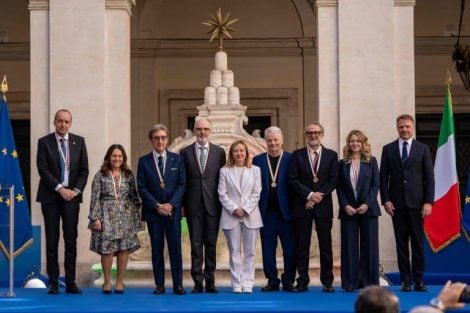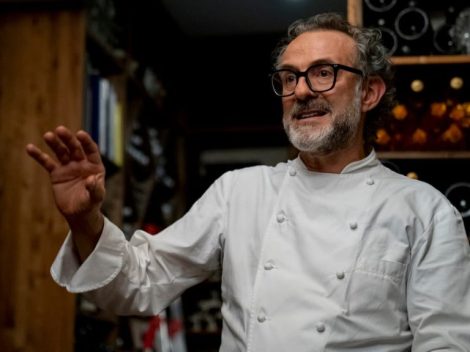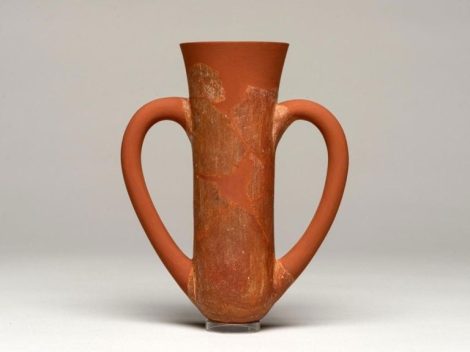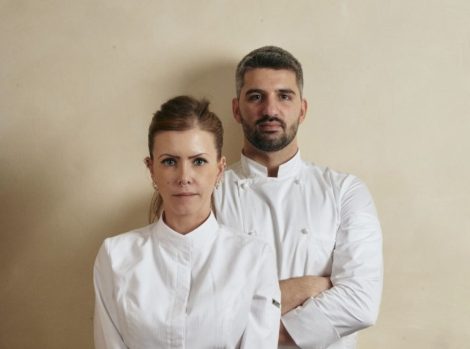Paridgma by Unforgettable in Turin
The new project by Christian Mandura is called Paradigma, it integrates his Unforgettable with a new space, opposite and complementary to the first, on the upper floor of the dining room. As much one is dimly-lit, so much the other is bright, so much one is dark, so much the other is light, one has only one counter for 10 people, the other has only one table for 4, and if the former has "the vegetable in the centre", the other is "the paradise of animals." But be careful not to fall into deception - it does not mean vegan, but on the contrary: here meats are the heart of the menu. Although some might say that it is a carnivore's paradise, here we want to focus on an ethical approach to meat consumption, which celebrates and sanctifies the sacrifice of animals raised in a healthy way. "The two spaces share the same logic" says Mandura, who began reflecting on this idea as early as last September, as an ideal continuation of the work started almost three years ago in the restaurant steps away from the sanctuary of the Consolata (opened in 2018) in which each course has a main dish, where - to quote the payoff - "the vegetable is at the centre" and a second plate that holds the proteins, be it scallop, mackerel, pork, or other. "We have never excluded any food, because," he explains "within a menu there must be the right balance between elements: carbohydrates, proteins and so on."
From vegetable to carnivore
We therefore follow an opposite Paradigma upstairs, where the counter, with that direct and dialogical relationship between cooks and guests, gives way to a table and the classic bourgeois restaurant service, and where opaque flatware is replaced by glossy ceramics with golden finish, as the veins of the white marble table are golden, the lights are no longer scenically concentrated only on the plate but invade the small space that welcomes touches of colour, and minimalism contrasts with opulence. At the centre of the proposal are proteins, even if, in continuity with what happens below, vegetables - "we would like to have only Paradigma foraging" - are present without ever being protagonists. Thus a dense web of inverse canons is woven between downstairs and upstairs. Always treading on clear messages, the first and most important of which is called conscious consumption. The one that raises awareness of a type of diet that some call flexitarian, which does not renounce the moderate and thoughtful use of animals, reared with rigour and care. And which translates, upstairs, into the use of the animal in its entirety, even the less noble parts: brains, tongue, eyes, and so on. Only one animal processed every season, in full, "the guests know that it will be served in all the courses" including dessert.
"The rule is no rules"
It is a freehand kitchen, where there is space for great improvisation and no obligations. Here, too, a signal of inverse continuity with respect to the floor below: where there is a lot of study in order to prepare dishes without added salt and with a strong link with tradition and with familiar tastes, here there are immediate proposals, little thought about: "I like to call them intuitions rather than dishes. When we have an idea we realise it, if it comes out well and convinces us we serve it, otherwise we don't." There is a skeleton, of course, but anything can be changed. An example is on the vegetable part: "we started thinking that the vegetables should be served in a separate plate, mirroring what happens below for the proteins, but then" he continues "we got rid of this self-imposed rule and already from the early evening we found that, from an ergonomic point of view of the plate, it did not make sense to separate it." In short: "the rule is no rules."
What do you eat at Paradigma
The menu unravels in a sequence of bites, even with several parts of the lamb together, without the classic division in courses (which is instead present at Unforgettable), there are things like creamy rice with lamb stock and grated dehydrated eye - to give flavour - and red fruits, or glazed steamed sweetbreads served on an aubergine base prepared with the fat part of the filtered lamb broth, with juiced berries to give an acidic boost, while the umami of the vegetable plays with the chewy bite of meat.
The organisation
Obviously, with this new opening, some dynamics of the restaurant also change. If before, for example, the kitchen was closed during the service because all the preparations took place at the counter, in front of the seated guests, now it is also active in the evening because the dishes of Paradigma come out of the same kitchen. The service is traditional, without that vivid interaction that makes Unforgettable unique, "we welcome so few people" Christian reflects, "that everything happens naturally, sometimes more, sometimes less. It's a bit like having guests in the house. It is a type of dialogue that I like and that is easy to achieve here." It seems simple, but it's not: "the first service downstairs was very difficult. It took us a while to understand how to welcome people at the counter and how to make everything work." And by everything we also mean the music, the aperitif in the sitting room where we also move for coffee afterwards, the way in which to present the dishes and move behind the counter. Upstairs, on the other hand, "it's easier: we serve what we like to serve and we tell them about it. Obviously there are steps to refine and things to polish, this new space again entails putting everything in question. We have to break into these new shoes, also because the dishes are only part of the experience. But when we find the right rhythm, we start to have more fun, so in the early days we prefer not to fill up every evening, to better focus both spaces."
Human, environmental, economic sustainability
4 diners upstairs, 10 downstairs, for 5 people at work between the chefs and the dining room, "here everyone does everything, there is no difference, everyone cooks, presents the dishes, cleans, clears and, according to what they want to do in that moment, they go upstairs or down'' explains Mandura, who adds: "also in this case there is no rule." They are joined by a sommelier who has studied pairings for both spaces. Does this formula ensure economic sustainability? "It wouldn't be in a traditional restaurant. Here, on the other hand, yes: there are two set menus, served simultaneously to all diners, everyday we know perfectly what you will eat and at what time. In this way we optimise resources and workforce, and even the choice to work only one animal at a time allows us to contain expenses and make better use of our energy." There is no waste, no storage space needed, there is no static capital. The final goal would be to open only for lunch, "but it is a long process: to date we are unable to transfer the dinner seating to lunch. When we succeed, we will try. But in the meantime, we go on like this: the business must support itself."
by Antonella De Santis

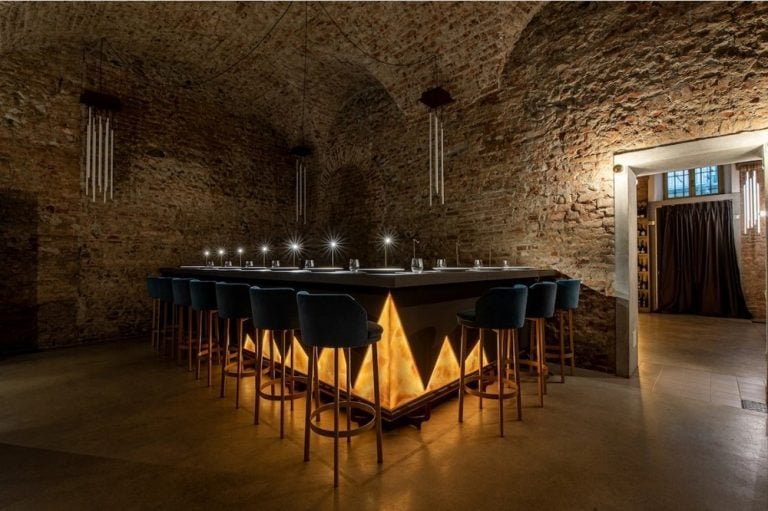
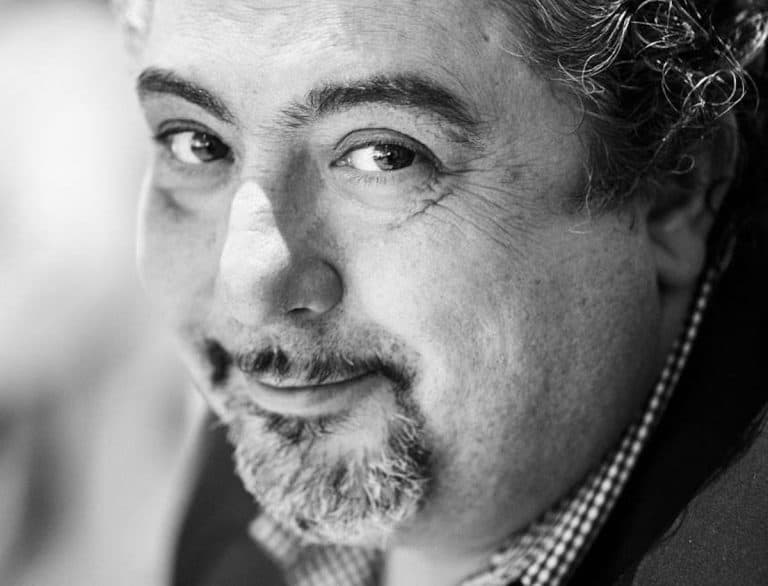 Farewell cacio e pepe in New York. "With tariffs, Pecorino Romano will also become more expensive." The warning from Giuseppe Di Martino
Farewell cacio e pepe in New York. "With tariffs, Pecorino Romano will also become more expensive." The warning from Giuseppe Di Martino Against tariffs? Here are the US foods that could be "hit"
Against tariffs? Here are the US foods that could be "hit"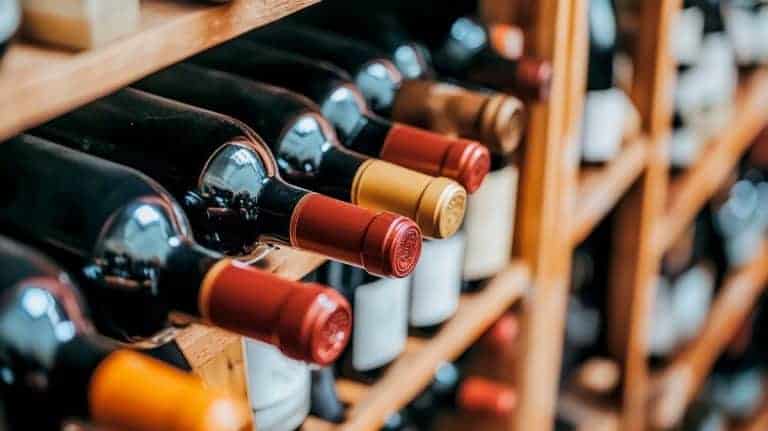 US tariffs: here are the Italian wines most at risk, from Pinot Grigio to Chianti Classico
US tariffs: here are the Italian wines most at risk, from Pinot Grigio to Chianti Classico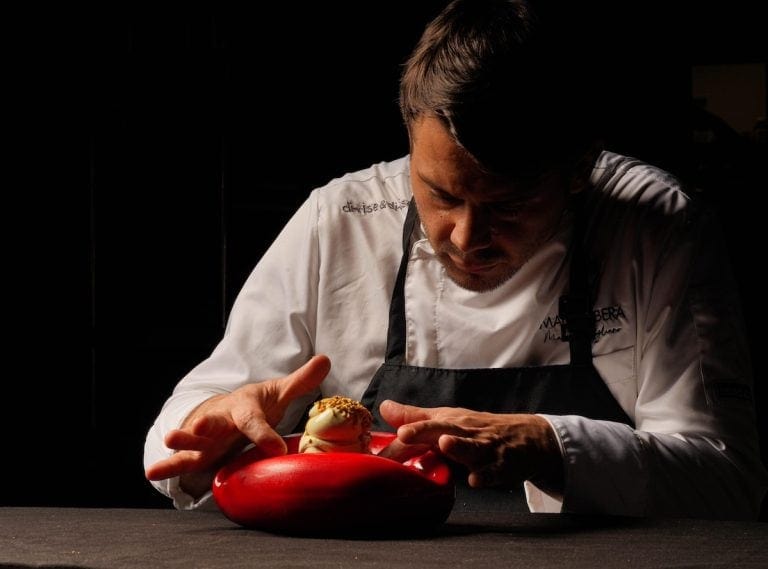 "With U.S. tariffs, buffalo mozzarella will cost almost double. We're ruined." The outburst of an Italian chef in Miami
"With U.S. tariffs, buffalo mozzarella will cost almost double. We're ruined." The outburst of an Italian chef in Miami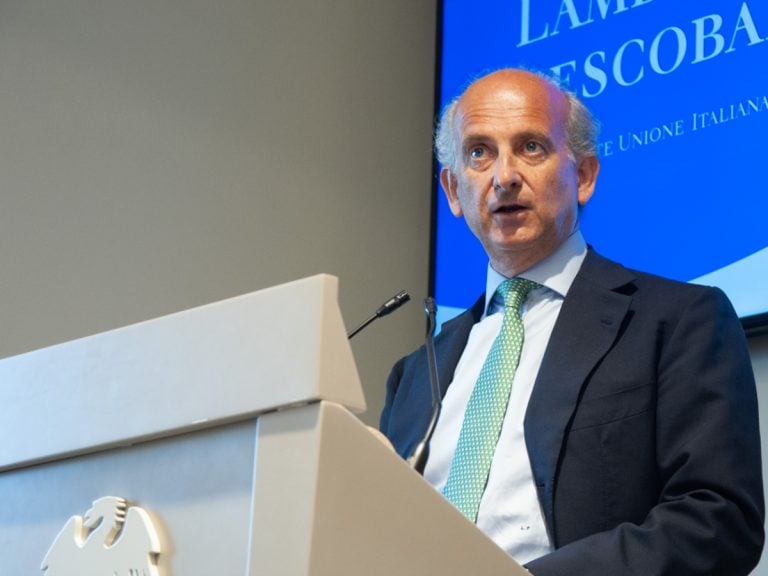 "With US tariffs, extremely high risk for Italian wine: strike deals with buyers immediately to absorb extra costs." UIV’s proposal
"With US tariffs, extremely high risk for Italian wine: strike deals with buyers immediately to absorb extra costs." UIV’s proposal

